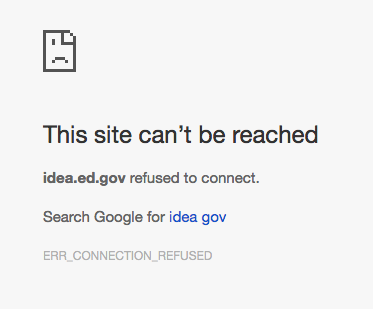To be clear, it’s the right foot again. In February, I had a somewhat routine fix – a bunion and preventive procedure for two tiny hammertoes. In March, I tripped. Big time. Stubbed the toes badly enough to need the surgery redone and the ligaments surrounding the big toe sewn up.
Now it’s April (Cue deep sigh of self pity here). Bone healed well; soft tissue did not. The ligaments are pulling the toe out of position (again) and causing pain. I dug through my closet and found exactly one pair of shoes that I can wear with minimal pain, and I’m wearing them for yard work. Again, minimal. The next surgery, a joint fusion, will happen in mid May.
Ugh. And double Ugh. I’m doing what I can while I can and getting the tomato and pepper seedlings ready to plant. The re-landscaping of the front yard may fall on Chuck. We’ve been planning since last fall, and we picked up containers (big ones!) for that project. I’ll help prep the containers and plant if we can do it before my surgery. I’m even setting up containers on our deck so I can maintain them without going up or down stairs. Getting my hands in the dirt is emotionally healing, so having plants around is a priority.
Unfortunately, this surgery will require absolutely no weight bearing for two weeks. I’ve reserved a knee scooter and I’ve been adding to my Kindle. Recommendations and books are welcome (I’m looking at you, Green Girl!). I’ve contacted a local candidate I support and offered to volunteer from my home (my couch) and I might help a local organization with their grant writing. All those factors should help keep me busy enough to prevent excessive self-pity.
Readers, this is a lousy situation, but it could be worse.



